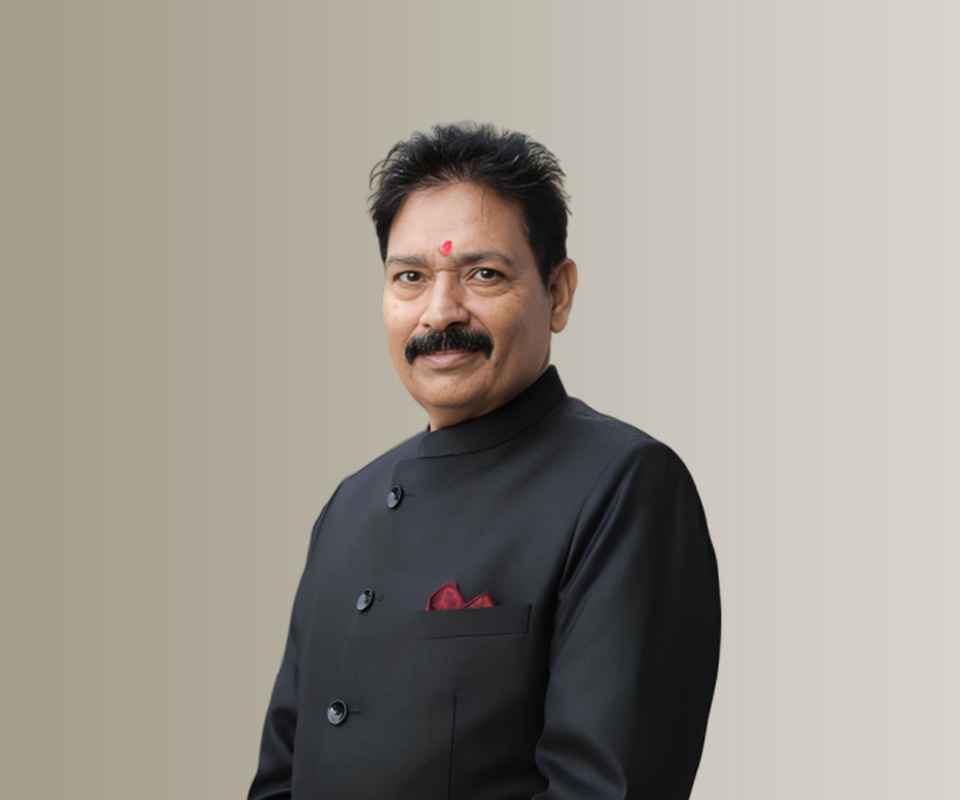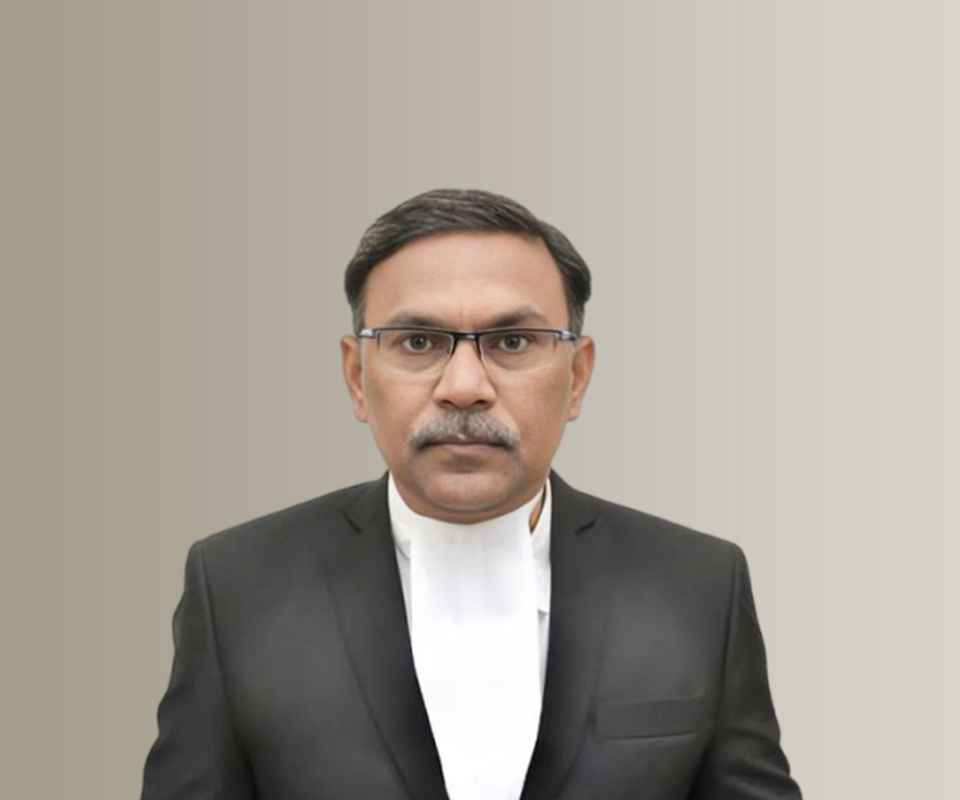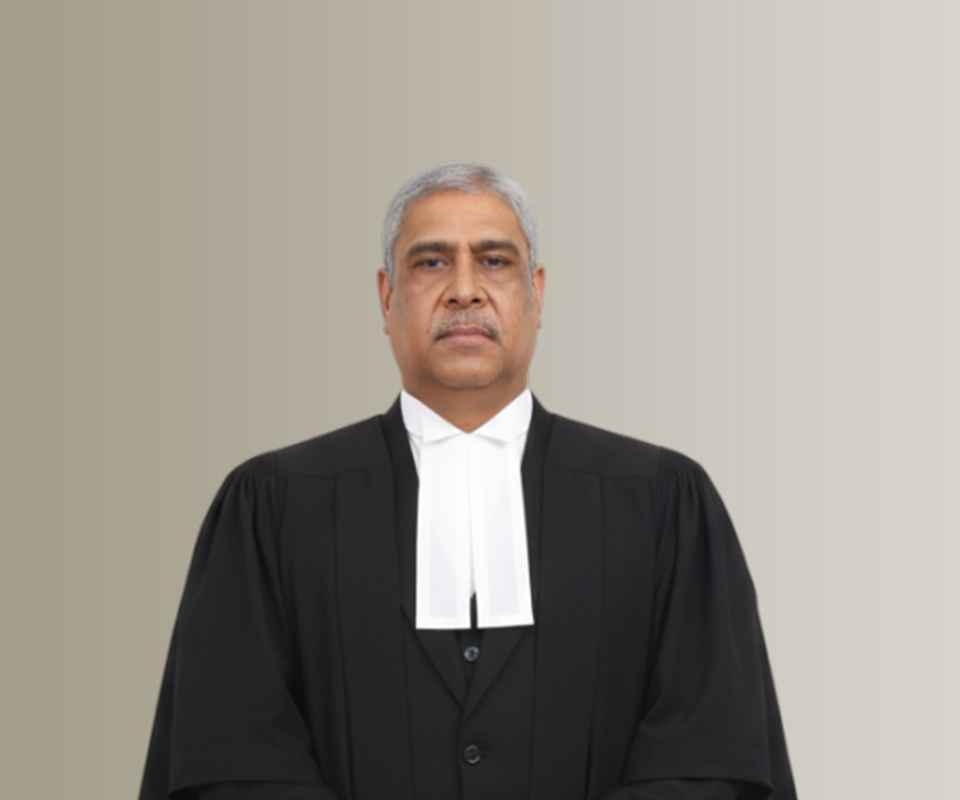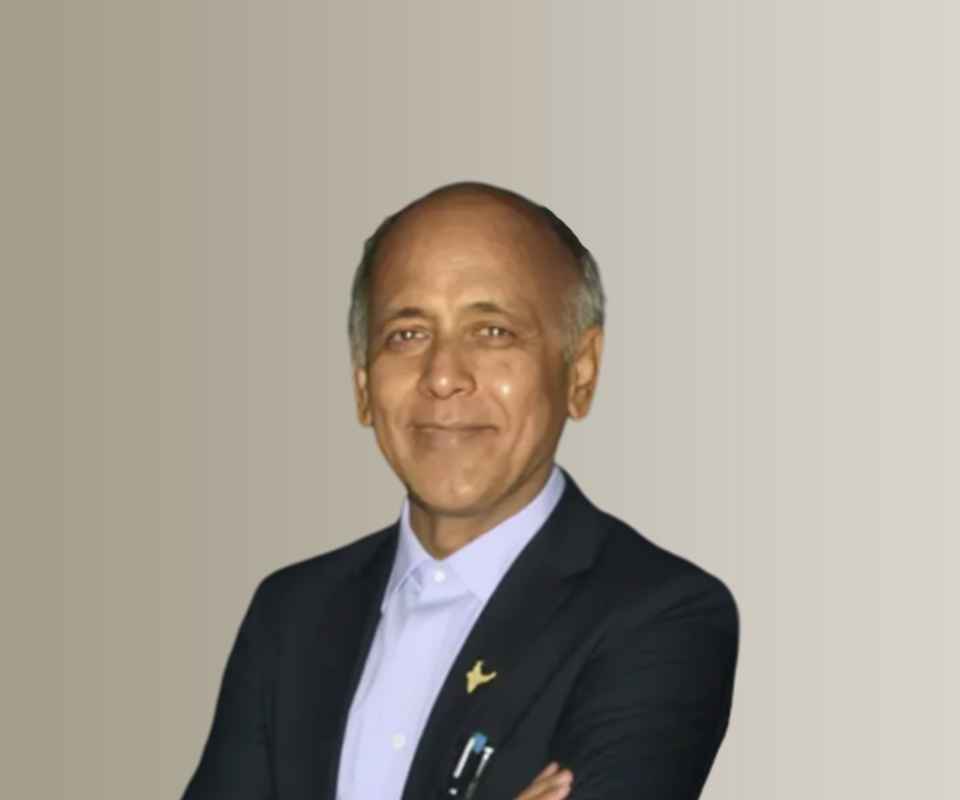Answer By law4u team
The adoption process in India involves several stages, including eligibility verification, legal documentation, child matching, court proceedings, and post-adoption formalities. The duration of the adoption process can vary based on multiple factors, such as the type of adoption (domestic vs. inter-country), the age and special needs of the child, and the efficiency of the adoption agency. On average, the adoption process in India can take anywhere from 6 months to 3 years, but there can be significant variability based on individual circumstances.
General Time Frame for Adoption in India:
Domestic Adoption (within India):
Registration with Adoption Agencies:
Initially, prospective adoptive parents need to register with a Central Adoption Resource Authority (CARA)-approved adoption agency. The registration process typically takes about 1 to 2 months.
Eligibility Verification and Home Study:
During the registration phase, the agency conducts a home study to assess the suitability of the adoptive parents. This includes background checks, medical examinations, and interviews. This phase can take approximately 1 to 3 months.
Matching with a Child:
After registration and home study approval, the agency begins the matching process. The time for matching depends on the child's age, special needs, and the preferences of the adoptive parents. Matching can take anywhere from 6 months to 2 years or longer.
Age and Gender Preferences:
Adoptive parents who are flexible about the child’s age, gender, or special needs may receive a match more quickly.
Special-Needs Adoption:
If the adoptive parents are willing to adopt a special-needs child, the matching process may be faster since special-needs children often have a more limited pool of adoptive parents.
Pre-Adoption Legal Procedures:
Once a match is made, the adoption agency submits a petition to the Child Welfare Committee (CWC) for approval. This phase involves legal proceedings that may take 1 to 3 months.
Court Proceedings:
After the CWC's approval, the adoption application is filed with the family court for formal approval. The court proceedings typically take 3 to 6 months. In some cases, the process may be delayed due to the court's backlog or additional scrutiny.
Finalization and Adoption Decree:
After the court approves the adoption, the court issues an adoption order or decree. This marks the legal end of the process. Depending on the court’s workload and efficiency, this step may take another 1 to 2 months.
Total Time for Domestic Adoption:
Typically, a domestic adoption process can take 6 months to 2 years from registration to finalization. However, this can be longer, depending on the factors mentioned above, such as the availability of a child and the specific circumstances of the family.
Inter-Country Adoption (Adopting a Child from India to Foreign Parents):
Registration with an Adoption Agency:
Similar to domestic adoption, foreign adoptive parents must first register with a CARA-approved agency. The registration process can take around 1 to 2 months.
Eligibility Verification and Home Study:
A home study is conducted to evaluate the eligibility of the adoptive parents. For international families, the process includes verification of the parents' nationality, income, criminal background checks, and home environment. This stage usually takes around 2 to 4 months.
Matching with a Child:
Matching for inter-country adoption can take longer than domestic adoption because the child must meet the specific needs and legal requirements of the foreign country. The time for matching can range from 6 months to 2 years, depending on the child’s age, health status, and other factors.
Approval by the Foreign Adoption Authority:
Once a match is made, the adoption must be approved by the foreign country’s adoption authority, which can take 2 to 6 months. The country may have its own requirements and documentation processes that can add to the time.
Inter-Country Adoption Documentation:
The adoptive parents must comply with various immigration and legal procedures in both India and the adoptive country. The No Objection Certificate (NOC) from CARA is required, and additional paperwork for the child's visa and citizenship is needed. This documentation process can take about 3 to 6 months.
Court Proceedings and Finalization:
After completing the paperwork, the adoption is processed in an Indian family court for legal validation. This process can take 3 to 6 months.
Travel and Immigration:
Finally, once the adoption is legally finalized, the adoptive parents need to arrange for the child’s immigration, including the issuance of the child’s passport, visa, and other documents, which may take 1 to 2 months.
Total Time for Inter-Country Adoption:
Inter-country adoption can take 1 to 3 years on average, with the total time depending on the specific requirements of both the Indian legal system and the adoptive country's immigration procedures.
Factors That Affect the Adoption Time Frame:
Age and Special Needs of the Child:
Older children and children with special needs may take longer to be matched with adoptive parents. While there is a growing number of families willing to adopt special-needs children, the pool of available children for adoption is often larger for younger children without medical conditions.
Infants and toddlers without special needs are typically adopted more quickly due to high demand.
Adoptive Parent Preferences:
If the adoptive parents have specific preferences regarding the child’s gender, age, or health condition, the matching process may take longer. Parents who are more flexible about these factors may be matched more quickly.
Legal and Court Delays:
Court delays, especially in family courts, can significantly extend the adoption timeline. In some cases, the family court’s workload or administrative delays can push the adoption process beyond the expected time frame.
Adoption Agency Processing Speed:
The speed at which an adoption agency processes paperwork, conducts home studies, and coordinates with the Child Welfare Committee (CWC) or courts can affect how long the process takes.
Availability of a Child for Adoption:
The availability of children who meet the criteria set by the adoptive parents (age, gender, special needs, etc.) can influence how quickly the matching process occurs. For children with special needs or older children, there may be fewer available options, which can delay matching.
Example:
A couple in India registers with a CARA-approved adoption agency for a healthy infant. After completing the home study, they wait for about 9 months to be matched with a child. After the match, the CWC approval and family court proceedings take around 6 months, followed by the court issuing the adoption order. In total, the adoption process takes about 1.5 years from registration to finalization.
Conclusion:
The adoption process in India typically takes between 6 months to 3 years, with the exact duration depending on several factors, such as the type of adoption (domestic or inter-country), the child’s characteristics, the adoptive parents’ preferences, and potential delays in court proceedings. Domestic adoptions are generally quicker than inter-country adoptions, but both processes can be time-consuming and require careful attention to legal, medical, and procedural details.






